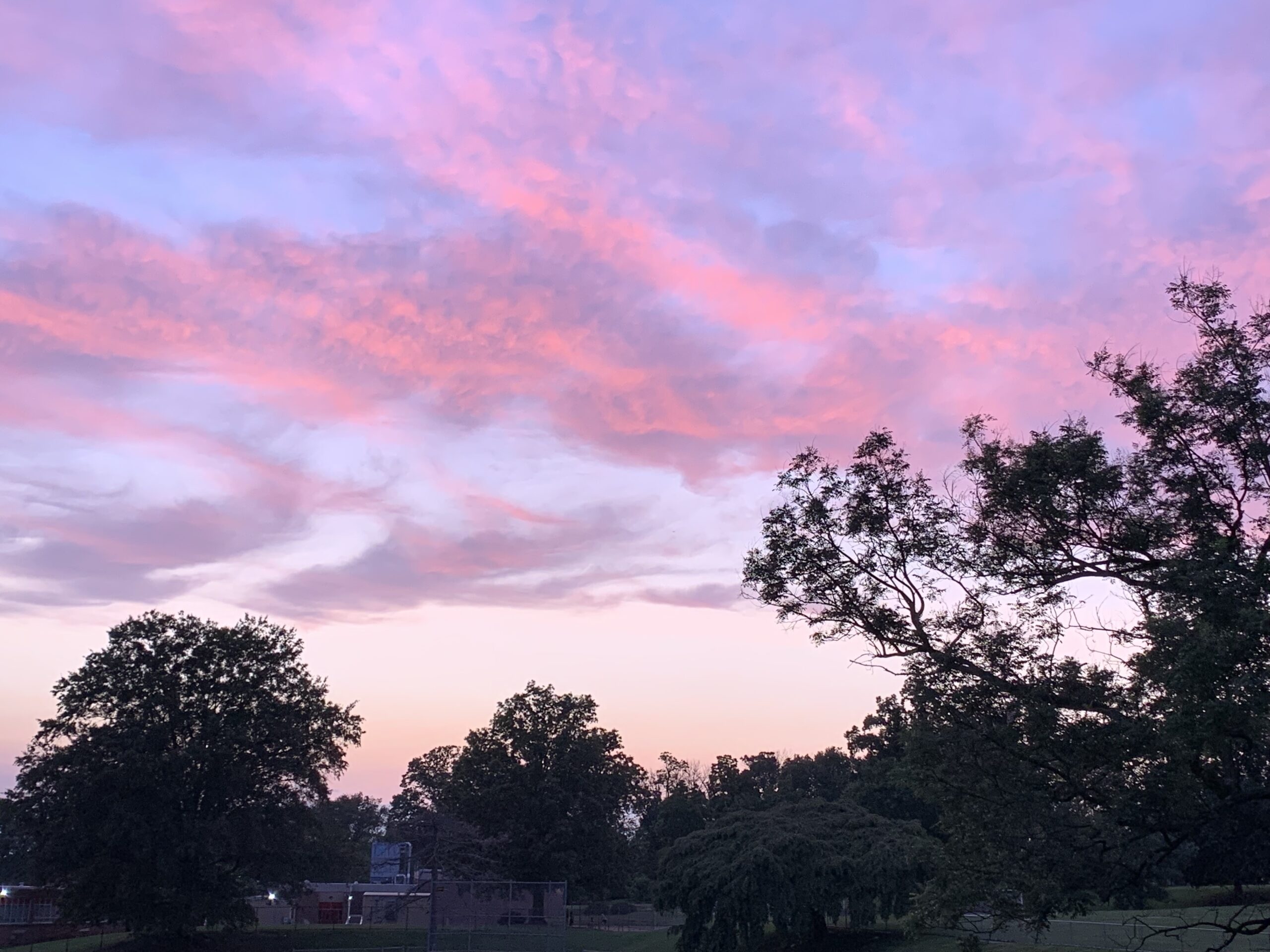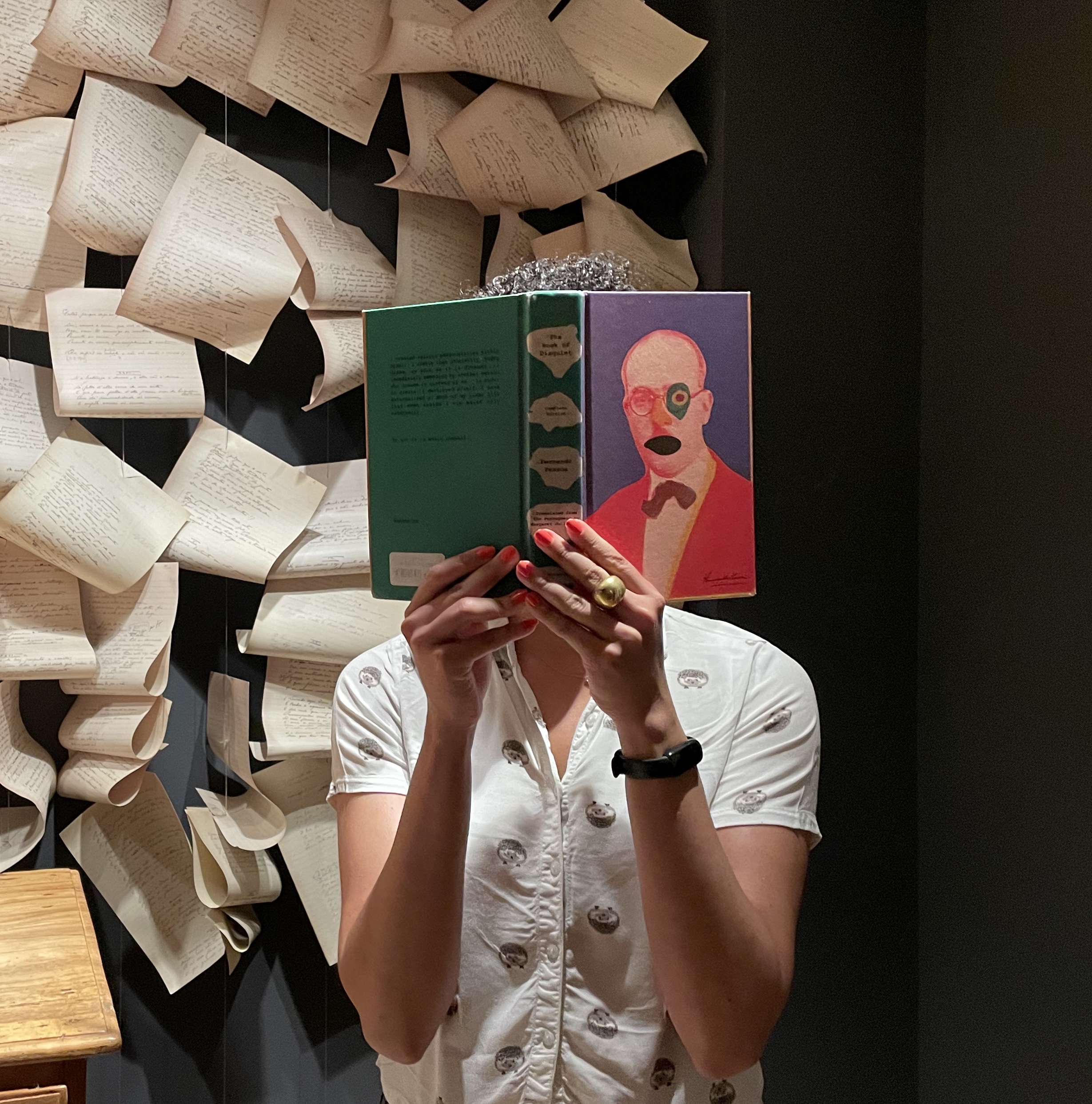I’m writing this from lockdown on a day
when the dogwood throws out its dose
of darker pink. The schoolyard
across the street is wreathed in yellow
caution tape. I’m weighing uncertain
evidence on vectors & runners’ strides—
what practiced motion keeps us safe, what
physics of distancing? Emily, you were no stranger
to contagion in a town of trash heaps & overflowing
pits. A fog-bound pestilence vapored through
low-lying towns, typhus & TB ravaged
boarding schools where pedagogues punished
the body to instruct the soul. You watched
your mother’s swift decline, composed
a stoic soul. Once I lived within
a few miles of those heathered moors
where you worked out plots that swirled
around the heart’s tenancy. I remember
high, cold clouds, the wind wild
at Withens. Today I practiced patience,
tipping teaspoonsful of beaten egg into batter.
Of my word count, I’m not proud.
vaquita, Sumatran rhino, Clarion Island wren
are on the verge of vanishing & from our tiny
windows on the world, who wouldn’t wish to be
each image of rewilding—dolphins freewheeling
in the absent wakes of vaporetti, herds
surging former squares of commerce—no matter
if some of the stories are spliced
from other seasons & settings. Emily,
you held onto hardiness, walked & walked
in whatever weather. A woman who could
self-cauterize a sheepdog’s bite knows
fire as good medicine. Dithering makes
the mind a desert. I could use your audacity,
the refuge of a stubborn vision.
Jane Satterfield’s most recent book is Apocalypse Mix, awarded the Autumn House Poetry Prize, selected by David St. John. She is the recipient of a National Endowment for the Arts poetry fellowship, the 49th Parallel Award for Poetry from Bellingham Review, the Ledbury Poetry Festival Prize, and more. New poetry and essays appear in DIAGRAM, Ecotone, Orion, Literary Matters, The Missouri Review, The Pinch, Tupelo Quarterly, and elsewhere. She is married to poet Ned Balbo and lives in Baltimore, where she is a professor of writing at Loyola University Maryland.




